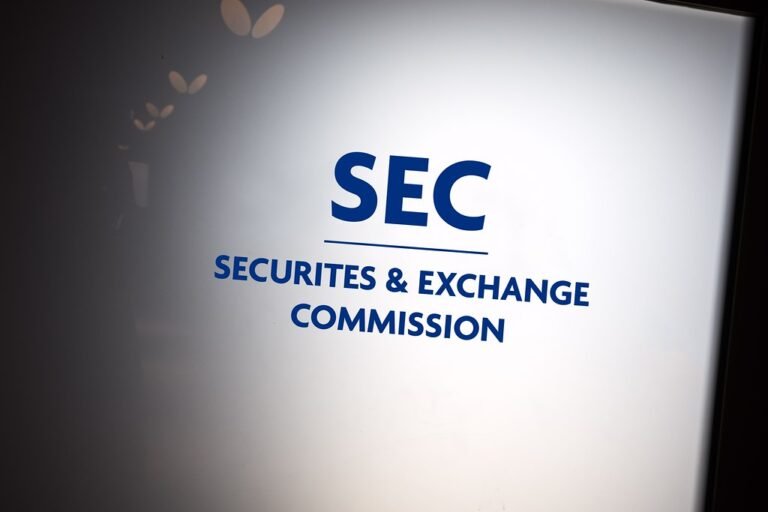
AURORA, Colo. — UCHealth, the prominent health care system headquartered in Aurora, Colorado, has agreed to pay $23 million to settle allegations that it violated the False Claims Act by submitting inflated claims to federal health programs for emergency room visits. The settlement resolves accusations that UCHealth improperly coded certain medical visits to Medicare and TRICARE, resulting in overpayments for services.
The U.S. Department of Justice alleged that, from November 2017 to March 2021, UCHealth hospitals automatically used a high-level billing code for emergency department visits — a code that should have been reserved for the most complex cases. Specifically, UCHealth used the CPT 99285 code, which represents the highest level of care and resource usage, even when the actual medical treatment provided did not justify it. The inappropriate use of this code was tied to a hospital practice where certain visits were automatically assigned this code based on the number of times a patient’s vital signs were monitored, rather than the severity of the patient’s condition or the hospital resources used.
“Fraudulent billing by healthcare providers drains critical resources from federal health programs and compromises the integrity of our healthcare system,” said Principal Deputy Assistant Attorney General Brian M. Boynton of the Justice Department’s Civil Division. “We will hold accountable any provider that knowingly submits false or inflated claims.”
The allegations centered on UCHealth’s use of automatic coding practices, where claims for emergency room visits were submitted using the 99285 code whenever patients had more vital signs recorded than the number of hours they spent in the emergency room. While this practice was intended to streamline billing, the government contended it resulted in inappropriate overcharges to federal programs, as the coding did not reflect the actual resources expended on patient care.
“Fraudulent billing by healthcare companies undermines programs like Medicare, which are essential to many Coloradans,” said Acting U.S. Attorney Matt Kirsch for the District of Colorado. “This settlement should send a strong message that we will take action against health care providers who cut corners and misuse the billing system.”
The settlement stems from a whistleblower lawsuit filed under the qui tam provisions of the False Claims Act by Timothy Sanders, a private individual. Under this provision, private citizens can sue on behalf of the government and receive a portion of any financial recovery. Sanders will receive approximately $3.91 million from the settlement.
“This case demonstrates the importance of accurate billing practices,” said Special Agent in Charge Linda T. Hanley of the U.S. Department of Health and Human Services Office of Inspector General (HHS-OIG). “We will continue to work with our law enforcement partners to protect public health and ensure that federal health care programs are used as intended.”
The settlement was the result of a collaborative investigation led by the Justice Department’s Civil Division, the U.S. Attorney’s Office for the District of Colorado, HHS-OIG, and the Defense Criminal Investigative Service.
As part of the agreement, UCHealth did not admit to any wrongdoing but agreed to resolve the allegations and improve its billing practices moving forward. The case highlights ongoing efforts to safeguard the integrity of federal healthcare programs, particularly those designed to assist vulnerable populations such as seniors and military families.



